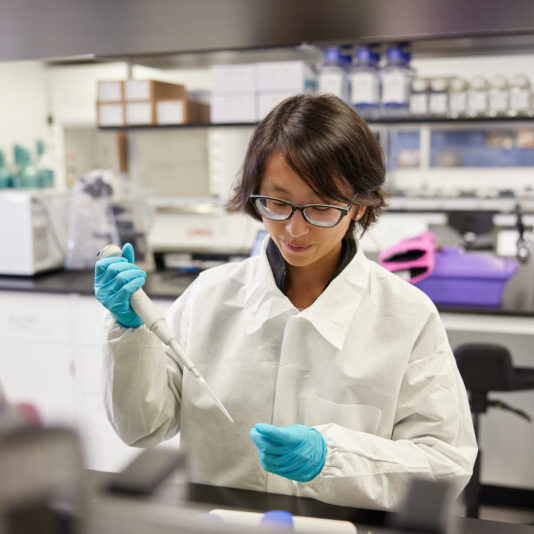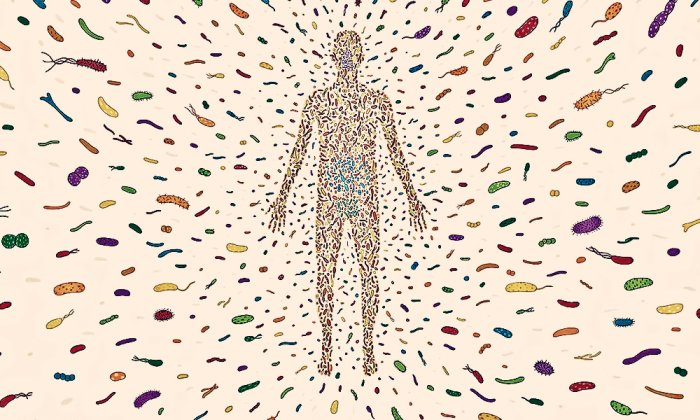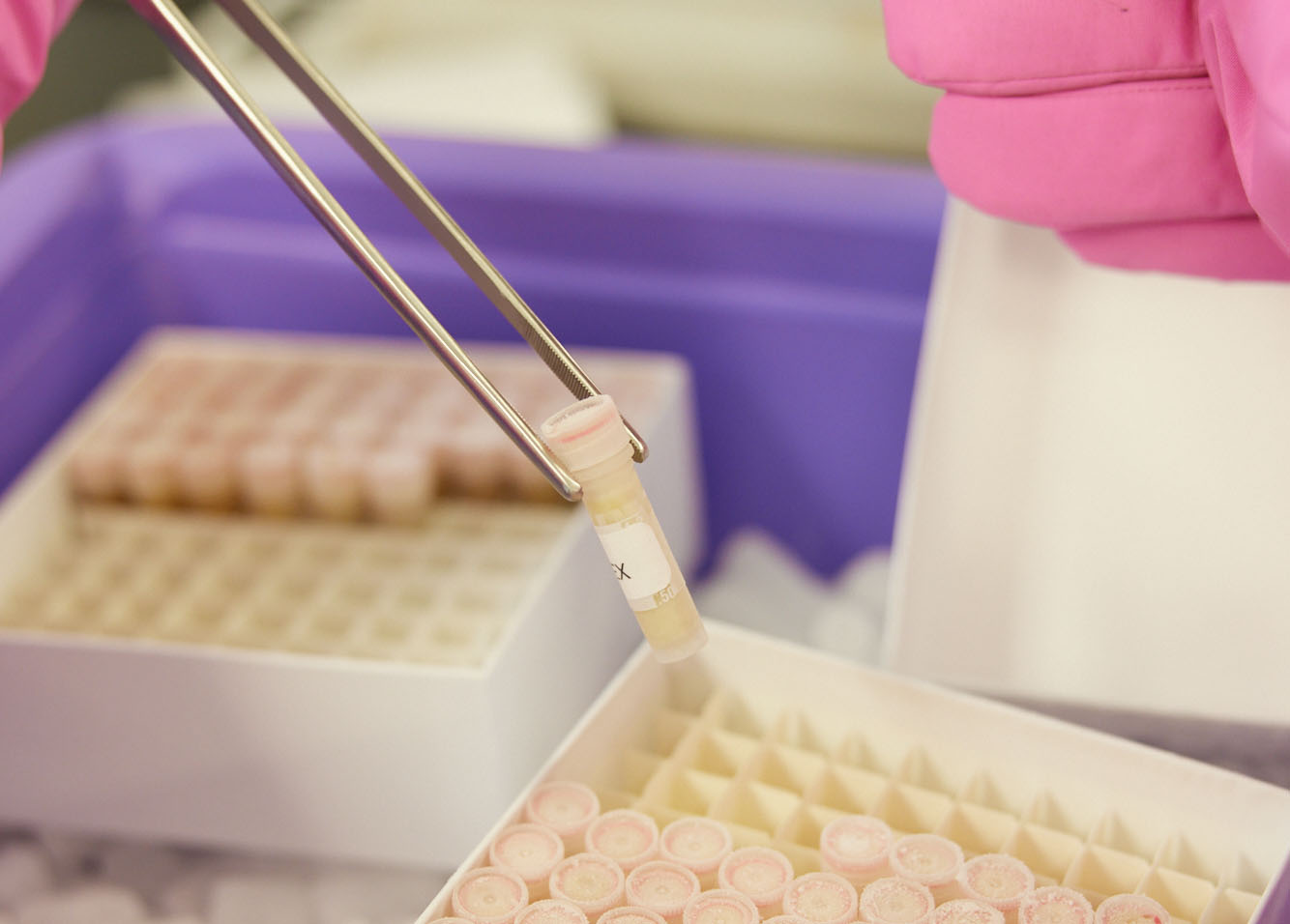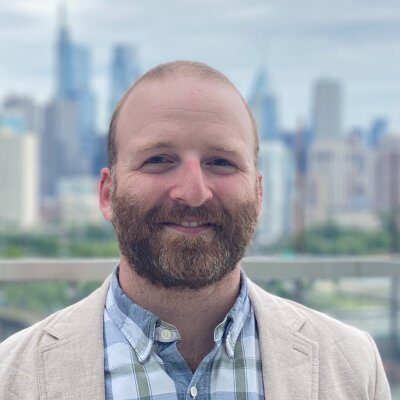
Solving Critical Gaps in Microbiome Science
We believe the next generation of scientific advancements will come from our own bodies - the human microbiome - radically addressing the most pressing global health issues. But it’s not going to happen unless we ensure researchers and patients - everywhere – can access and benefit from this cutting-edge science.

Problem 1: Microbiome-associated disease is skyrocketing worldwide
The microbiome, the community of bacteria and other microorganisms living in and on the human body, plays a vital role in human health. Known as the “invisible organ”, the microbiome is involved in a wide range of critical functions including digesting food, training the immune system, and modulating brain activity. Modern, industrial lifestyles have disrupted the microbiome leading to a global increase in microbiome-associated diseases including C. difficile, diabetes and obesity, colon cancer, autoimmune disease, and neuropsychiatric disorders.
Problem 2: Researchers have a biased and incomplete view of the human microbiome
Scientists need a better understanding of the human microbiome to develop new approaches to preventing and treating disease. However, most research has focused on just a few wealthy countries. Today, over 70% of publicly available microbiome materials and data are from Northern America and Europe, with the U.S. alone representing 47%. The vast diversity of the human microbiome remains unknown and untapped.

— Richard Abdil, Phd. Lab manager in the lab of Ran Blekhman at the University of Chicago


Problem 3: We are losing microbiome diversity due to industrialization and climate change.
There is an urgent need to conserve and understand the full diversity of the human microbiome before it is lost. By 2050, 2.5 billion people will transition from traditional to urban lifestyles. Processed foods and antibiotic use associated with these lifestyles profoundly change the human microbiome, leading to the loss of bacteria species that we have co-evolved with for thousands of years and come to depend on.